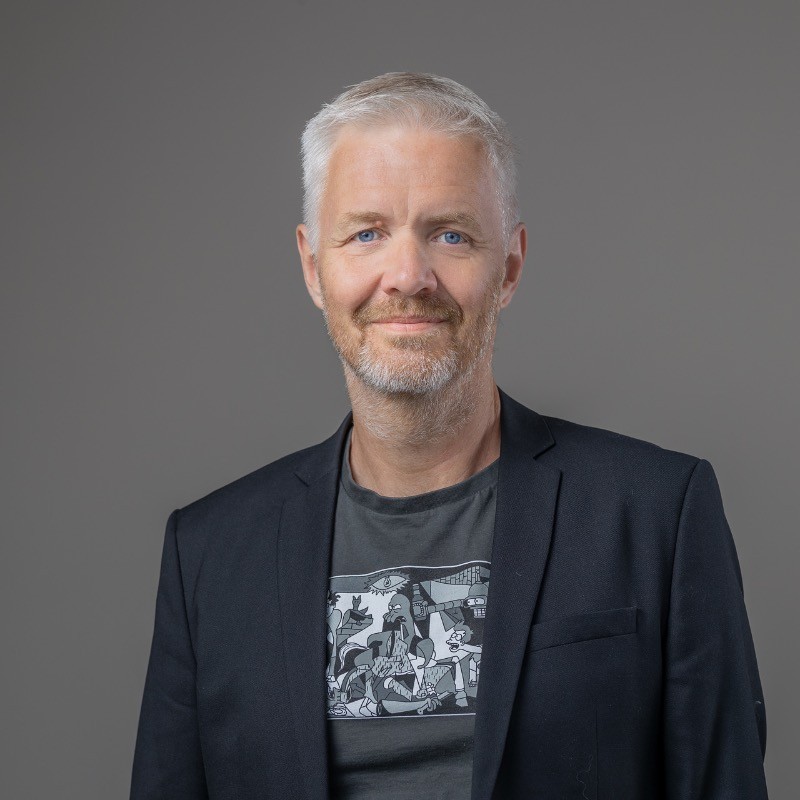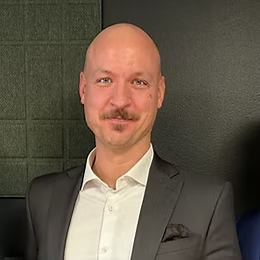Learning is a process – not an event
Organisations strive to create a 'learning mindset', to become learning organisations. But how do we get there when we forget most of what we learned? – We need to get rid of the 'e' in e-learning, says Joakim Hejestad, an expert on learning with over 30 years of experience in the e-learning industry.

Already back in the 1880s, Hermann Ebbinghaus put forward that there is a forgetting curve. And it's steep. In fact, we pretty quickly forget most of what we learn. This is why we have always been told that "repetition is the mother of learning".
In today's high speed work life, lean organisations and rapid digital transformation, there are demands of instant and fast learning as well. But learning takes time and it needs to take time. In fact, the spaces between learning instances are almost as important as the knowledge content itself. Simply because repetition needs to be supplemented with reflection. This is how new knowledge and understanding begin to stick.
– The first thing any organisation must do is to stop viewing learning as an event, says Joakim Hejestad. Learning is a process that must go on all the time.
Another important component of effective learning is the so called retrieval practice – the reinforcement of acquired knowledge. The opportunity to translate knowledge into practical action in everyday work means that what you have learned will be useful and understandable.
– The fact that we retrieve newly acquired knowledge and actually use it has enormous significance, says Joakim Hejestad. Take a management course for example. It is only when you, as a manager, have the opportunity to put all the good advice and tips from the latest course into practice, that the training has any real effect.
Culture and structure are connected
Virtually all organisations undergo different types of transformations. We often put the word digital in front of the change, which is largely due to the fact that we spend a lot of resources on getting new digital systems and tools in place – when the real transformation is in how we humans manage to change the way we work.
– If the employees at a company don't understand what benefits they get from new systems, it doesn't matter how smart the new systems are, says Joakim Hejestad.
Get rid of the "e" in e-learning
With over 30 years of experience in e-learning, Joakim Hejestad has witnessed first hand how much resources and good intentions are invested in various types of e-learning productions. Often with a focus on visual and technical effects.
– I want to remove the letter e in front of e-learning, he says. For me, it's just about learning, finding our way back to how we humans have actually always learned things.
Somewhat jokingly, he sometimes "apologises" for his first 25 years in e-learning. And he is the first to testify how easy it is to get caught up in the technological possibilities of learning tools, instead of starting by asking the most important question: What kind of learning does the organisation want to achieve? He encourages more people to look for methods that create organisational learning. Here is the big divide between distributing the learning, or letting the individual employee choose for himself.
– I understand that it sounds both smart and sympathetic that I, as an employee, should be able to choose what and when I want to learn. But in practice, we know that people have neither the time nor the motivation to take part in the education offered. It is important to win the calendar war and to avoid information overload. Only then will learning have the effect we are looking for.





